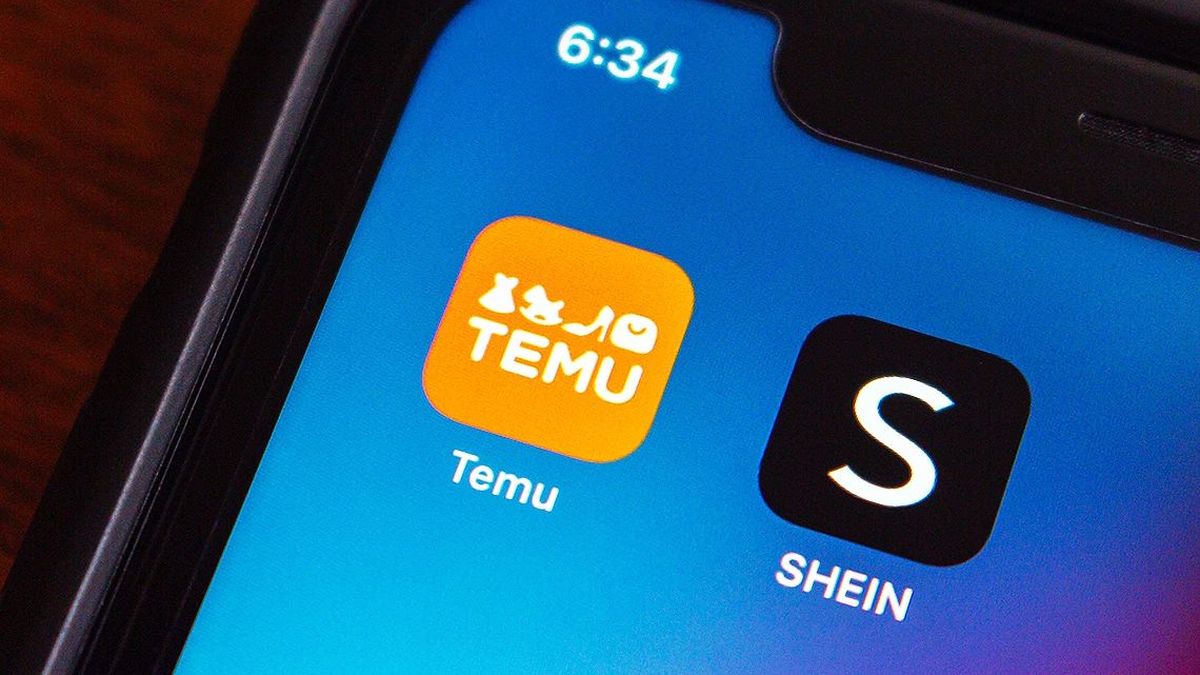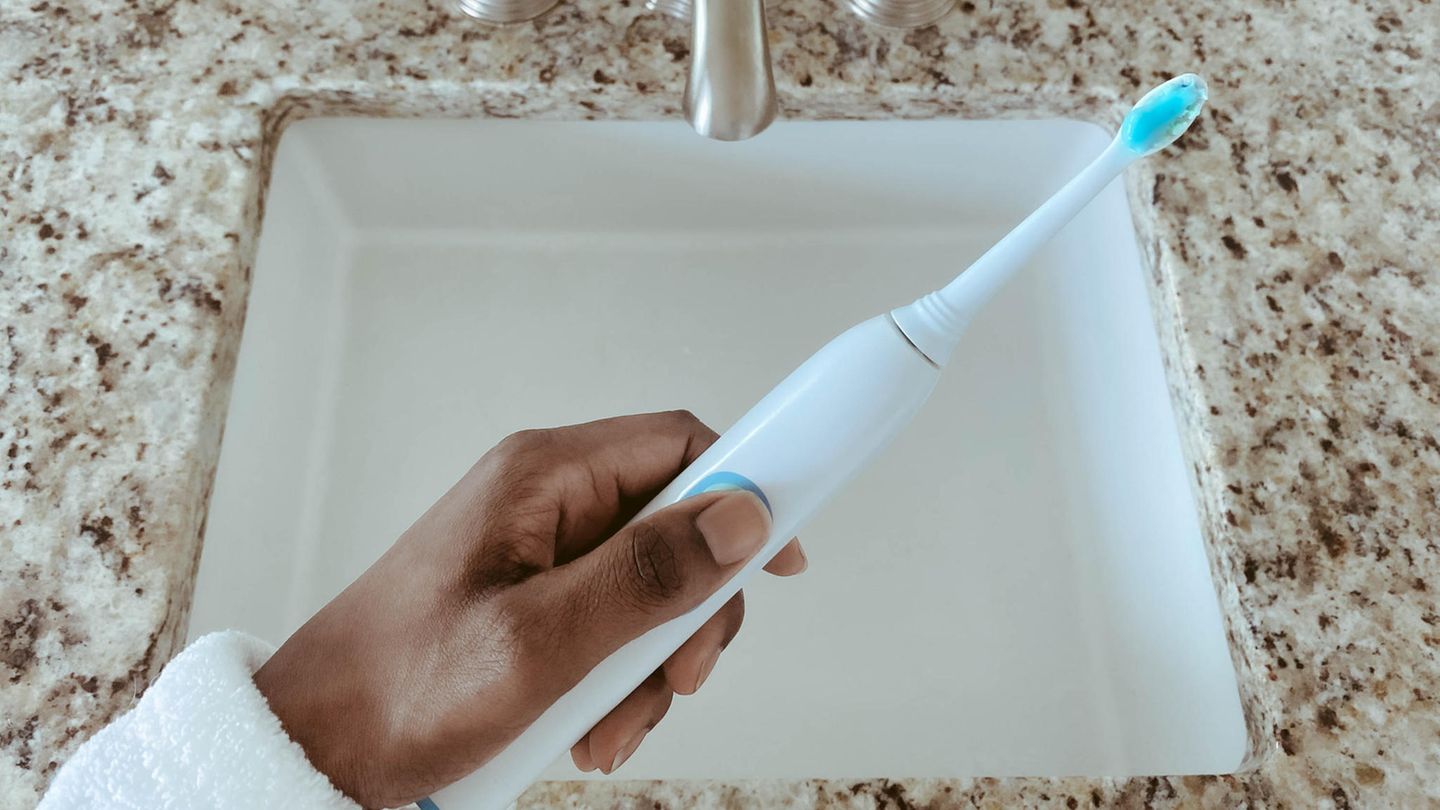In an increasingly globalized world, industrial SMEs face unprecedented challenges. The Argentine textile industry, for example, has experienced a 7.7% drop in the third two -month period of 2025according to the Sectorial Survey of the Argentine Industrial Chamber of the Company (CIAI). This decline, added to the accumulation of excessive stocks and short -term issues, is also a product of unfair competition of giants such as Shein and Temu, which flood the market with low -cost products and doubtful quality.
Chinese companies operate with a significant advantage, since they benefit from government subsidies and an optimized logistics that allows them to practice dumpingselling below its production costs to win market quickly.
Part of the low costs is based on days of up to 75 hours per week against the standard 40 hours suggested by international NGOs. At the same time, the European Commission is intensifying its surveillance on products that enter the community market because they found dangerous chemicals, especially for children.
The Chinese strategy erodes the profitability of national producers, who are forced to compete with prices that do not reflect the real market costs. The pressure is immense: maintaining quality and jobs becomes a challenge. The solution is not to close imports but to compete equally, such as the internal tax burden that SMEs hold on their shoulders.
Technology as an ally
But given the difficult local situation, while economic tensions are survived, the industry has its best ally in technology: the Internet of Things (IoT). This tool interconnects everyday objects to optimize processes, is not a futuristic concept, but a palpable reality with measurable benefits. In Argentina, the use of IoT has demonstrated a 15% increase in the production of the textile industry.
How does it work in practice? A real -time monitoring system, developed by Argentine engineers, allows companies to visualize and control each stage of production. When installing sensors in the machines and production lines, crucial data that are analyzed centrally are collected. This allows to identify bottlenecks, optimize the use of energy and predict failures in the equipment before they occur.
The numbers speak for themselves: SMEs that have adopted this technology have seen an increase in 25% in its productivitya reduction of 30% in energy costs and a decrease in 20% in the inactivity of the machines. In addition, security incidents have been reduced by 30%. The manufacturing sector represents 26% of the total economic value of the IoT at a global level, which already generates 11,000 million dollars.
Technology should not be seen as a threat, but as an opportunity. It is time for our industries to incorporate and be technified to compete in the global market. The IoT offers local companies a competitive advantage by optimizing their processes, improving the quality of their products and reducing their costs. By embraceing innovation, Argentine companies can differentiate themselves from unfair competition, demonstrate the value of national production and ensure a prosperous future in the global economy.
Technology not only improves efficiency, but also Strengthens quality and traceability of the product, something that mass imports cannot guarantee. While Chinese companies compete with low prices at the expense of quality, the Argentine industry can use technology to certify the excellence of their products, creating a value that consumers are willing to pay.
Given the opening of imports that arrive with Dumping, the Argentine industry must be able to plant flag not only to improve its processes and lower costs but to compete before giants of the “Fast Fashion” that invade the market of products of doubtful quality and that do not generate added value.
Chinese industries and any global player who seeks to expand their business already uses this type of technological tools to automate processes and gain efficiency and profitability. Although the tax burden is reduced, labor loads or costs of the trial industry, there will be no competitiveness if we do not incorporate the IoT into national production. It is not optional, it is now.
*I ITPORT AND TREASURERO MANAGER PARTNER OF UIA
Source: Ambito
David William is a talented author who has made a name for himself in the world of writing. He is a professional author who writes on a wide range of topics, from general interest to opinion news. David is currently working as a writer at 24 hours worlds where he brings his unique perspective and in-depth research to his articles, making them both informative and engaging.




